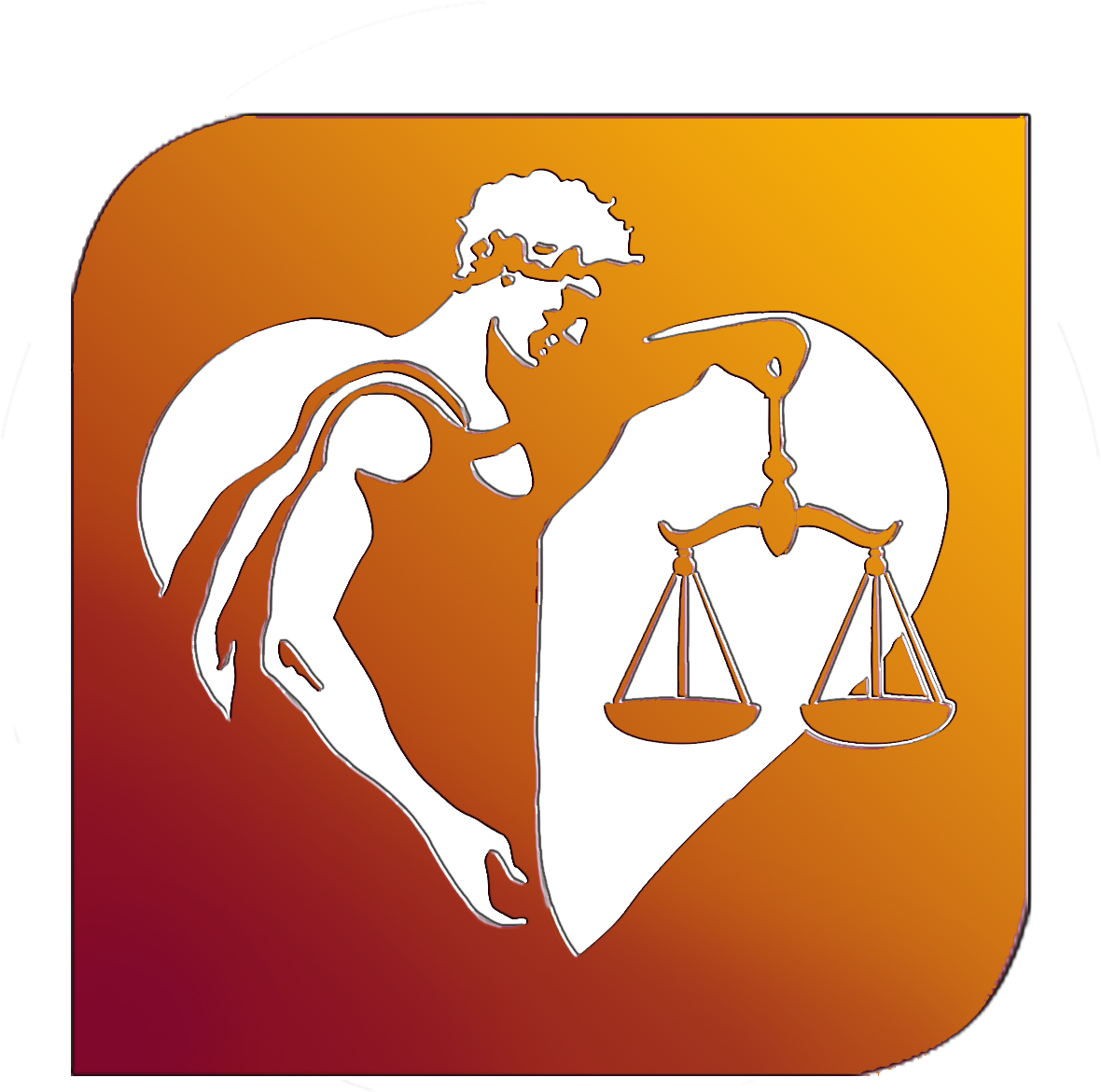Justice & Fairness
Justice isn’t the same as fairness.
So imagine that you’ve hired a lawyer who seems smart and confident. You’ve helped recruit half a dozen witnesses who will testify about what a great parent you are (and how disengaged he is). You’ve gone through discovery and are prepared to offer dozens of documents to prove that she has understated her income and assets. You have loads of proof that the marital estate was created as a result of your efforts alone.
And then the judgment is announced: You have to split all assets equally. The judge denied your request for sole decision-making and residential custody and now the kids will have to go back and forth every week. You’ll have to take a second job to make ends meet.
How is that fair?
The short answer is, maybe it isn’t. And as long as the decision falls within the bounds of the law, the legal system is just fine with that. That’s what all those statues of a blindfolded “Lady Justice” holding the scales of justice are trying to tell us. Lady Justice cares about the system. Fairness is, at best, an after-thought.
To understand what I mean let’s take a closer look at the meaning of “justice” and “fairness.”
Justice under the law and fairness are concepts often intertwined in discussions about morality and governance, yet they are distinct in meaning. Both are foundational to the functioning of a just society, but each brings different considerations to the table.
Justice under the Law.
Justice under the law is grounded in formal systems, codified rules, and institutional structures. The primary goal of justice under the law is to provide consistency and predictability. Laws are designed to be universally applicable, offering a shared standard for resolving disputes and adjudicating crimes. For instance, a thief who violates property laws will face legal consequences regardless of their personal circumstances, ensuring that the rule of law prevails over subjectivity. However, this impartiality is also the limitation of legal justice; it cannot always account for the complexities of individual situations. Meaning, it doesn’t care about how you feel or what a ruling does to your life.
The legal system measures its success in accordance with certain objective standards. In making decisions about custody, for example, the court’s rulings are deemed “just” as long as there is no “abuse of discretion.” That is, justice is served as long as there is some evidence to support the ruling. So the ruling might be just without being fair.
Fairness
Fairness, by contrast, is inherently subjective and personal. It is a moral judgment that seeks equity, empathy, and consideration of context. While justice under the law enforces rules, fairness questions whether those rules, or their outcomes, align with ethical principles and human dignity. Fairness often arises in situations where rigid adherence to the law appears inadequate or overly harsh. Fairness, in this sense, complements legal justice by encouraging flexibility and compassion. It asks whether the circumstances warrant exceptions or alternative solutions.
And sometimes, a just outcome is also a fair one. Sometimes “justice is served,” and that feels fair. Those moments are precious.
The Tension Between the Two
The relationship between justice under the law and fairness is one of balance and tension. While legal systems aim to be impartial, fairness introduces the human element, which can sometimes challenge the rigidity of legal structures. This is especially true in family legal matters. But a system that prioritizes fairness without anchoring itself in the rule of law risks falling into inconsistency and bias.
OK, I know. None of this will make you feel any better if a judge’s decision seems deeply unfair or upends your life. But it’s important to keep in mind in the face of disappointment. As the wise ones say, Life isn’t fair. But sometimes it is.

